DEBELJAK, Croatia -- Forty years ago on a barebones basketball court in the small village of Debeljak, Croatia, 7-year-old Ivica could always be found honing his hook shot and strengthening his spin move.
Often he would practice with friends, other times alone, and sometimes late into the evening. He became well known within the community for his basketball skills and dedication to the game. The court was his. Those who knew him recognized his ambition and knew he would make something out of himself.
Since his time playing hoops, Ivica Jerak moved to the United States and became a highly-decorated Soldier in the U.S. Army, moving up to the rank of master sergeant. He served with the U.S. Army Special Operations Command Fort Bragg, N.C., just before deploying to Iraq in 2005. And it was there, while serving in combat operations, that he was killed by an IED.
Today the small Croatian village still knows the name Ivica Jerak, and the basketball court is now the focal point of the whole community. But now, it sports a new backboard, new layer of asphalt and new lights to allow for community league night play.
It also has a memorial plaque with his name on it.
"Hopefully [these renovations] will somewhat lessen the pain for the community by providing a small reminder of the master sergeant for his service and dedication not only to America but also to Croatia," said John Thomas, the Corps of Engineers' construction representative for the project.
Hammers and nails
The U.S. European Command- (EUCOM) funded renovations were unveiled in a mid-March ceremony attended by Jerak's mother, Milka, his wife, Hye, and several dignitaries including the U.S. Ambassador to Croatia Robert Bradtke, the Croatian Army commander, the Croatian Minister of the Sea, Transportation and Infrastructure, as well as local politicians.
Those renovations include the restoration of cracked flooring in four school classrooms - the same elementary school Master Sgt. Jerak attended - new perimeter fencing around the school's playground and basketball court, new concrete curbs, and the purchasing of sports equipment.
"The Corps is always ready to help execute and turn over the projects for our customers and for the local community," said Thomas. "We enjoy working on these projects and are heartened by the fact that we're helping strengthen relationships between these communities and our military."
The $130,000 project, managed by the U.S. Army Corps of Engineers Europe District, not only supported an impoverished community and paid tribute to a fallen Soldier, but also nurtured the small community's economy by cultivating relationships with several budding construction companies.
"It's been a wonderful time working with the local contractor and the local people," said Thomas. "Everyone has been extremely available to do anything necessary to get the work done."
Additionally, the humanitarian assistance project was nominated by the U.S. Embassy Zagreb's Office of Defense Cooperation staff, which is responsible for coordinating Security Assistance activities and Defense Cooperation programs with the Croatian Ministry of Defense.
The project took five months to complete and will be able to remain the focal point of the small community for generations to come, said U.S. Special Operations Command Europe (SOCEUR) commander Maj. Gen. Frank Kisner in his speech at the event.
"These renovations will keep Master Sgt. Jerak's memory in our hearts and improve the lives of the children and the citizens of this great village," said General Kisner.
Smart power
The EUCOM humanitarian assistance project, sponsored by SOCEUR, is part of a larger program being employed more frequently in the region, which was fragmented by ethnic violence in the mid-1990s, said Charles Brady, EUCOM's humanitarian assistance program manager.
"We want to make an outreach and show them what a professional military does," said Brady. "And here's an example of where a military force is fixing, not breaking. Here's a military that's looking to rebuild friendships."
The humanitarian assistance program supports the U.S. DoD's mission to build relationships, Brady continued, and, more importantly, to build partner nation capabilities.
"We aren't the teachers. We aren't the community leaders," Brady said. "We simply help those local populations where we can to allow them to ensure that there's an environment that's inhospitable to terrorists - to provide them with essential services that they could then leverage to be able to sustain themselves."
This capacity-building is one of the many benefits of the assistance program, which funds more than $20 million in projects throughout Europe annually.
The Europe District is currently working on 12 projects throughout seven countries in the EUCOM theater of operations totaling about $4.5 million. The projects - averaging about $375,000 - include just over $1 million in projects in both Albania and Georgia and another $700,000 in the former Yugoslavia.
Under the U.S. Africa Command's humanitarian assistance program, the District is executing another 18 projects in five African countries, totaling about $2.6 million.
In total, projects include 34 new or renovated water systems, 13 school projects, four medical clinics, and a variety of miscellaneous orphanages, grain banks, sanitary facilities and community centers.
"The humanitarian assistance projects for me are the highlight of my career, both military and civilian," said Thomas. "I've worked military construction for many years and there is obviously a sense of accomplishment with that, but nothing like you obtain from doing a humanitarian assistance project."
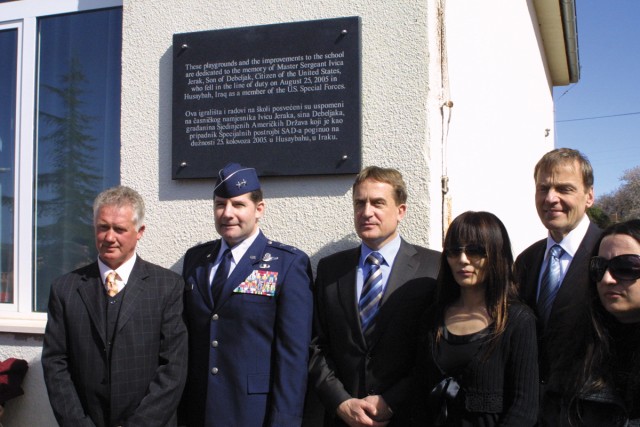
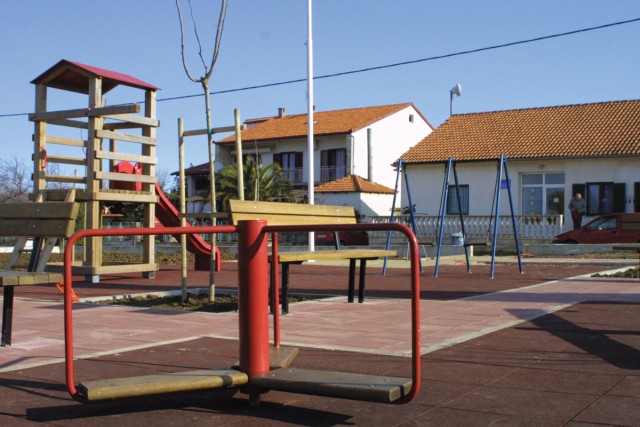
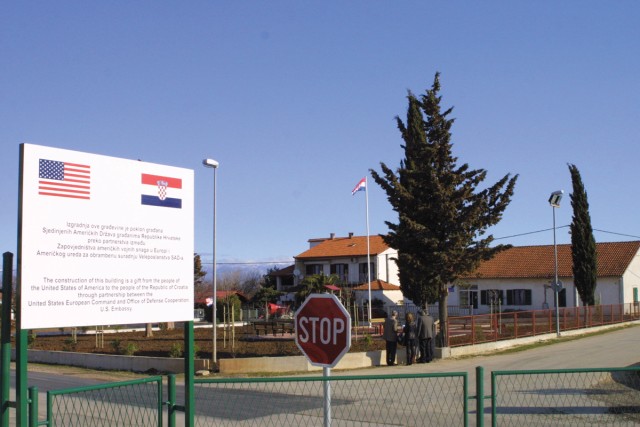
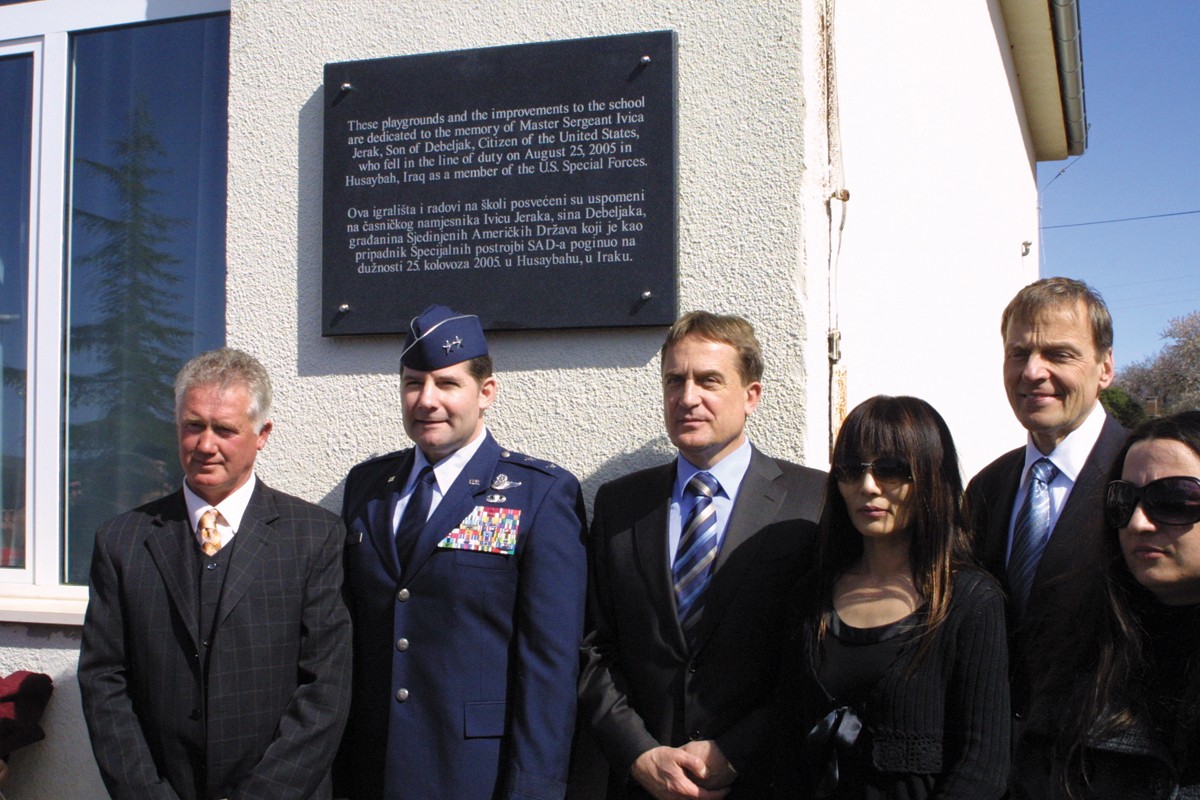
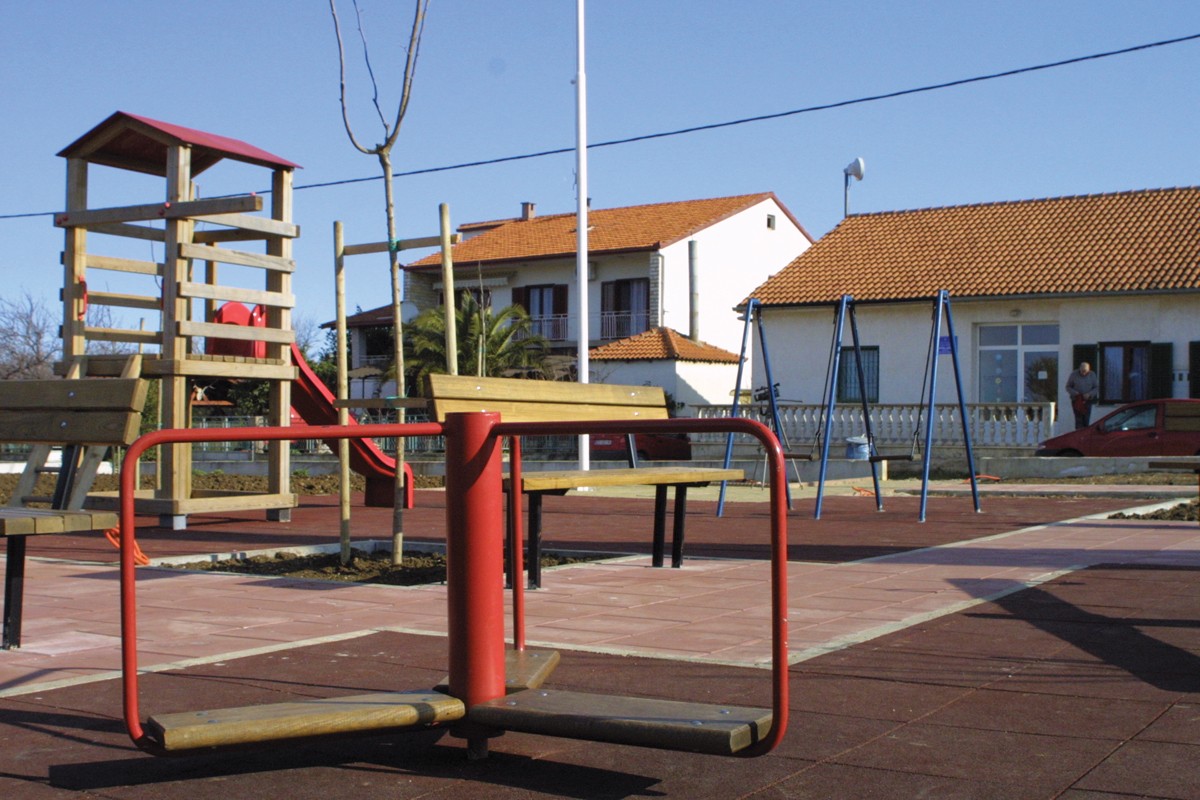
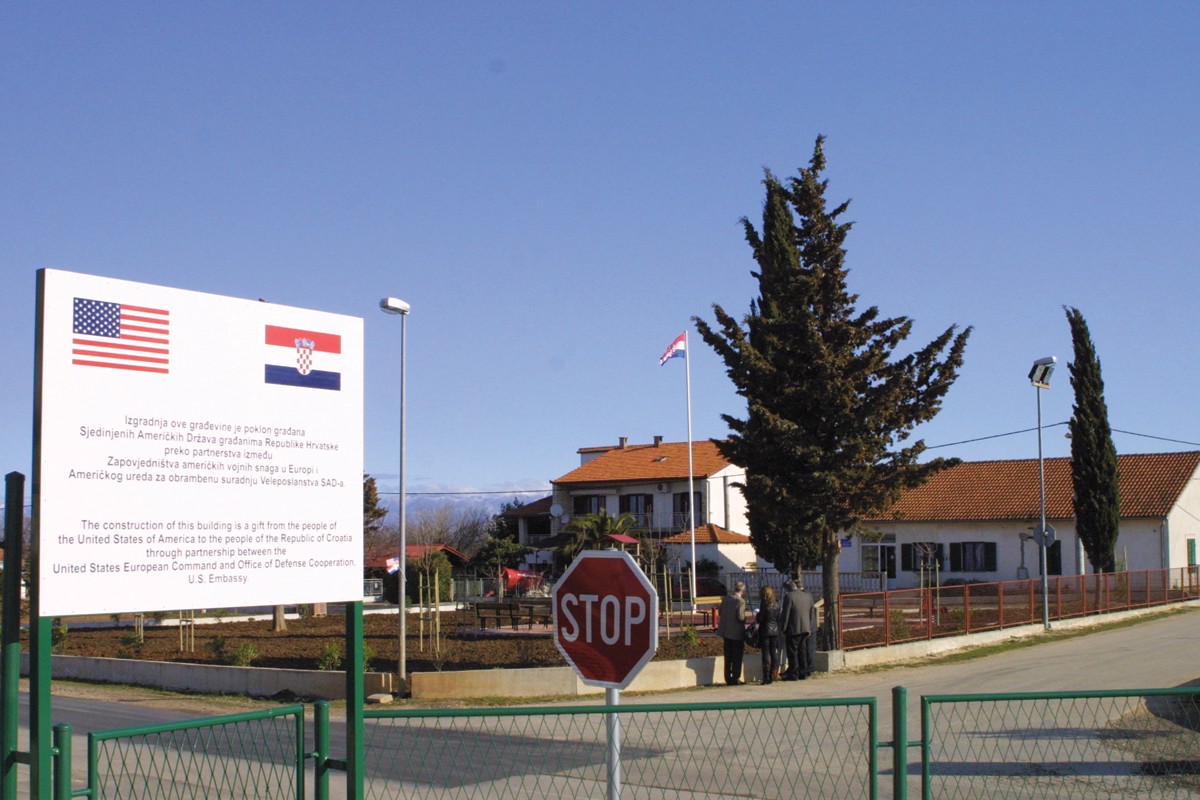
Social Sharing